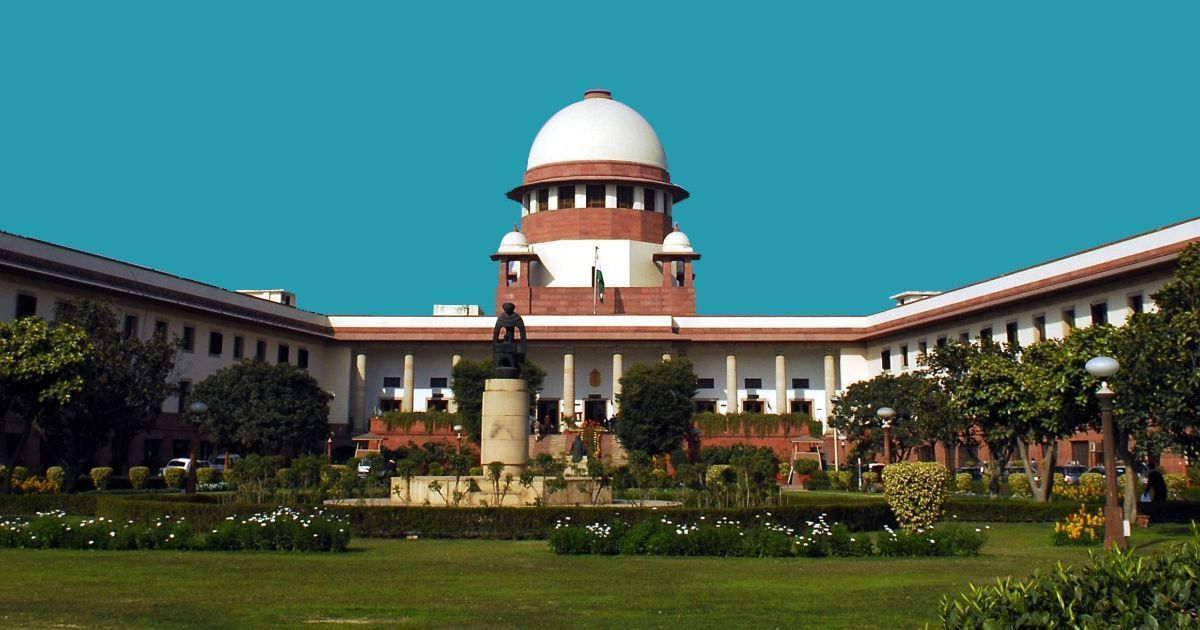Last Updated on March 30, 2023 by Administrator
Recently in the case of Udayakumar v. State of Tamil Nadu, the Supreme court held that the investigation parade is not valuable if the identity of the accused is already in knowledge to the police or the witness
The supreme court bench consisting of justices B.R. Gavai and Sanjay Karol set aside the high court’s judgement and acquitted the man who was convicted under section 302 IPC for the offence of murder.
Appellant Udayakumar allegedly murdered one Purushottam Kumar along with the other two accused. The high court acquitted the other two and convicted the accused udayakumar. The accused filed an appeal in the a[ex court.
Supreme court noted that there was discrepancy in evidence of prosecution witness PW1 who claimed to have identified udaykumar. The PW1 then claimed that he had already identified the accused before the judge during identification parade. As per the claims of investigating officer, the first identification was done at police station.
The court emphasised that the investigation parade should be held only when accused does not know the witness. It said, “if the identity of the accused was already in the knowledge of the police or the witnesses, then we only wonder, where would the question of conducting the identification parade arise? We reiterate that the entire necessity for holding an investigation parade can arise only when the accused are not previously known to the witnesses. The whole idea of a test 3 identification parade is that witnesses who claim to have seen the culprits at the time of occurrence are to identify them from the midst of other persons without any aid or any other source. We may also state that the investigation parade does not hold much value when the identity of the accused is already known to the witness.” Court referred to the cases of Heera v State of Rajasthan 2007, Sheikh Sintha Madhar v. State 2016, and State of Maharashtra v. Suresh 2000.
The court contended that there was neither any reasoning nor any appreciation of evidence on record in the impugned judgement. The accused cannot be convicted on the basis of principle of preponderance of probability. It further held, “In the present case before us, we find neither the chain of evidence to have been completely established nor the circumstances, conclusively pointing towards the guilt of commission of crime by the Appellant. The prosecution has failed to prove its case beyond reasonable doubt. This Court has stated essential conditions that must be fulfilled before an accused can be convicted in a case revolving around circumstantial evidence in the landmark case of Sharad Birdhichand Sarda v. State of Mahrashtra, (1984) 4 SCC 116.”
The court concluded and stated that the judgements of conviction in respect to the appellant udayakumar are quashed and set aside. The appeal is therefore allowed.
Case title: of Udayakumar v. State of Tamil Nadu, criminal appeal no. 1741 of 2010
Written by- Shagun Behal

















